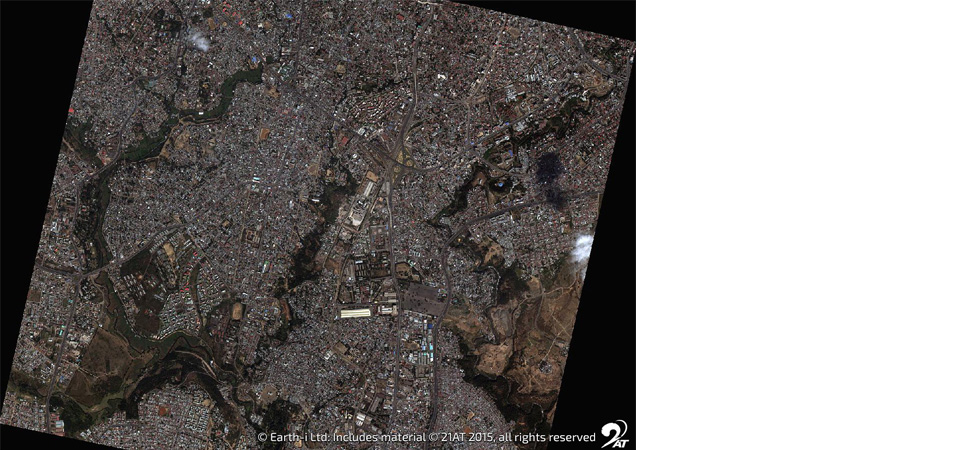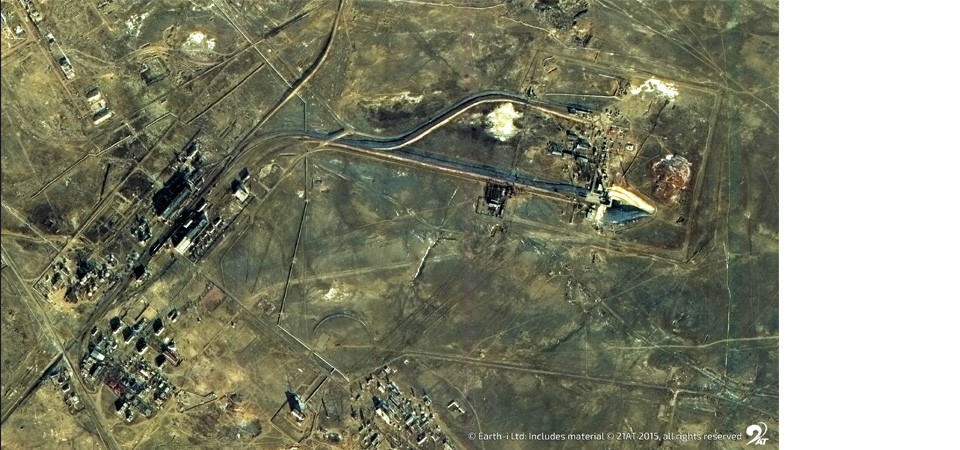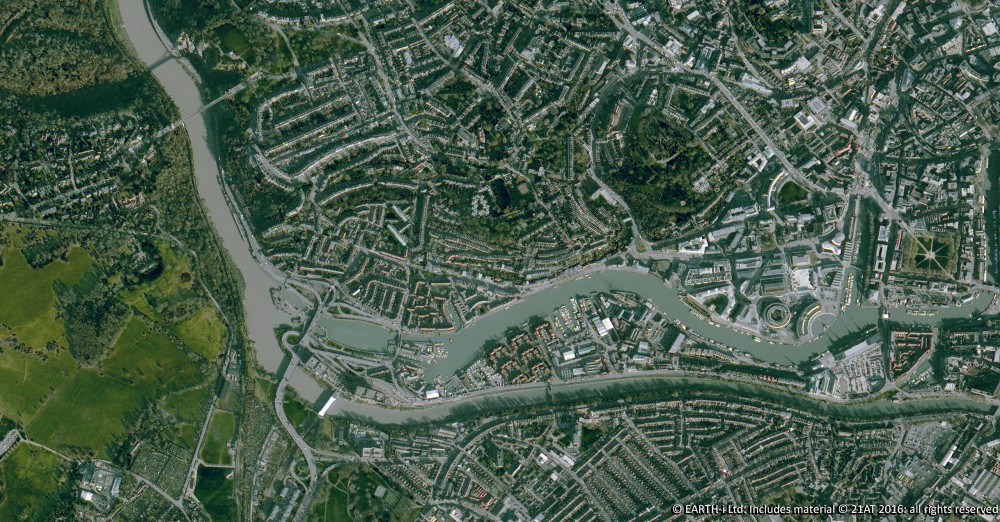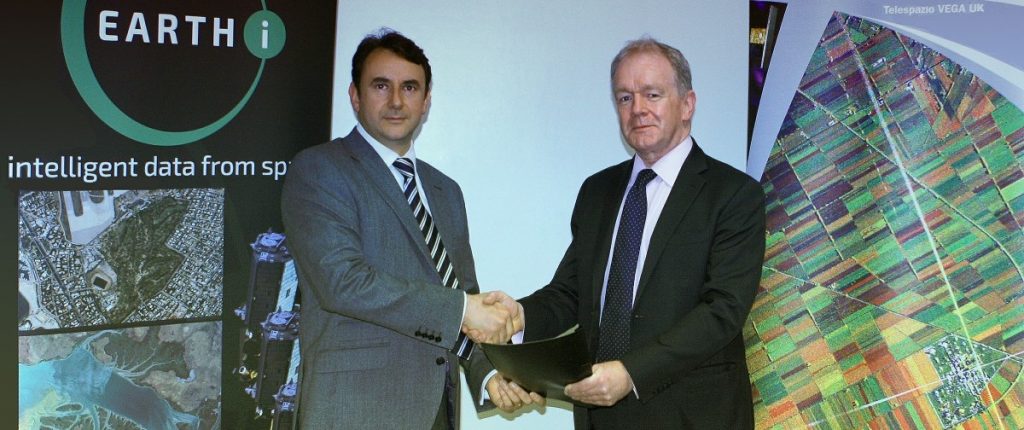Space is changing. Once a Cold War prestige project, it is now infrastructure: the scaffolding for communications, climate monitoring, security, and global trade. The United Kingdom will never compete with NASA or China’s CNSA in scale. But it doesn’t have to. Britain’s advantage lies in agility, commercial innovation, and the ability to turn its space ecosystem into a soft power asset.
Soft power is about attraction, not coercion. In the space age, that means being the country others want to partner with: the one whose ecosystem provides trusted data, agile launch capability, responsible regulation, and innovative commercial solutions. Britain already has many of these strengths and is developing more. The challenge is to frame them as a coherent national offer.
Turning space data into actionable insight
Start with Earth observation and analytics, one of the UK’s quiet superpowers. British firms are not just capturing images from orbit; they are turning data into actionable and highly valuable insight. Earth-i is emblematic: providing analytics that help governments monitor land user change, support the financial services industry in predicting commodity prices, and allow ministries of defence to monitor security risk. Every nation and company that depends on these UK data services becomes part of a network of trust and collaboration. That is soft power in action.
Of course, this is only possible thanks to the UK’s space manufacturing and engineering base, which has pioneered small, cost-effective spacecraft and payloads (e.g. AAC Clyde Space, InSpace Missions and SSTL). These technologies allow emerging economies to access space without superpower budgets, aligning Britain with customers and partners across Africa, Asia, and Latin America. The symbolism is powerful: rather than competing with giants, the UK is enabling others to join the club and democratising space.
New satellite launch capabilities
Then there is an emerging UK launch capability. Spaceports in Scotland (E.g. Vertical – Saxavord and Sutherland) and Cornwall (Horizontal) will not rival Cape Canaveral or Baikonur, but they do not need to. Their role is to provide nimble, responsive launch services that complement the small satellite and data-driven revolution. A successful launch from SaxaVord will be more than a technical milestone; it will be a geopolitical statement of British relevance.
And there are many UK space companies developing novel in-space systems covering areas from space situational awareness (SSA), in-space manufacturing and data centres, to satellite maintenance to space debris removal. A significant UK eco-system.
Regulation remains critical
Equally important is the UK’s soft power infrastructure. London remains the global centre of space insurance, finance and legal expertise. Combined with a tradition of regulatory pragmatism, this positions Britain to lead in shaping responsible norms for space traffic, debris management, and equitable access. In the space domain, trust is a commodity as valuable as rocket fuel. Especially when countries, as they are now, investing heavily in their national space economies for independent and resilient space capabilities.
The risk, despite having some of the most influential cultural, educational, and institutional tools in the world, is that Britain undersells itself as the UK fails to project its strengths effectively and cohesively through a lack of coordination and missed opportunities. Too often, the UK’s achievements are framed as isolated and unaligned commercial ventures or regional curiosities. When successful, these companies are at risk of being acquired by other countries with talent and IP moving abroad. In reality, the UK’s space industry has the potential to form a highly valuable and enviable national ecosystem with significant global impact. To convert capability into soft power, the UK must tell a sharper story: that it is the trusted broker of the orbital age, the enabler of connectivity and action, the partner of choice for nations seeking both access to space, and the ability to exploit services from space.
Space now considered a national UK infrastructure
In 2021 the UK government expanded its powers to scrutinise and block foreign takeovers under the National Security and Investment Act (NSI Act), and space is one of 17 sensitive sectors subject to mandatory notification and review. Space is now considered critical national infrastructure, underpinning everything from military operations to financial systems, navigation, and emergency services. But in restricting there comes a responsibility to support the space industry and build an integrated UK space capability (with strategic autonomy and supply chain resilience) that can be the model for allied nations to adopt and fuel Export-Led Growth, especially in the Commonwealth and NATO.
In the twentieth century, Britain projected soft power through the BBC, the Beatles, and the English language. In the twenty-first, it may be through data, launch pads, and orbital stewardship. Britain will not plant its flag on Mars. but it is well placed to leave a subtler, more enduring imprint on the infrastructure of tomorrow’s spacefaring world.
See more about Earth-i’s defence, security and intelligence capabilities on our DSI page.







